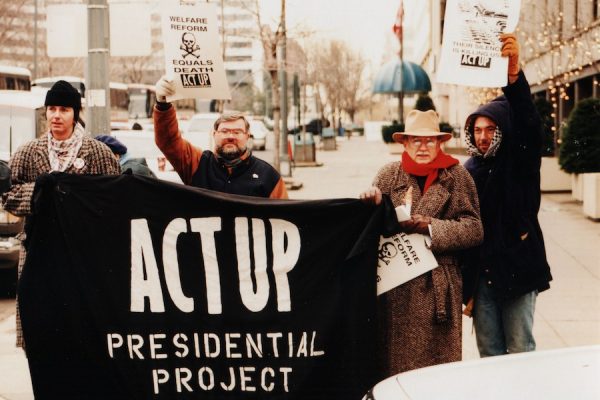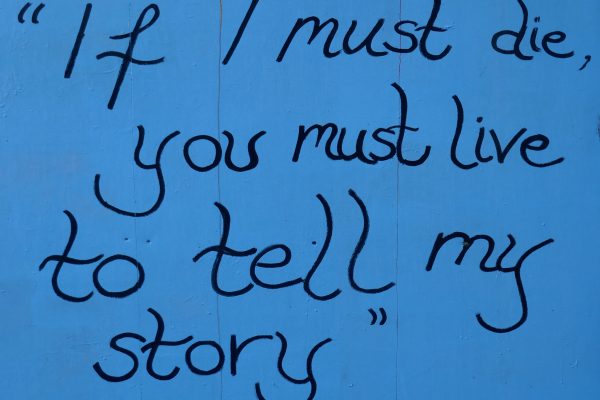Eugene F. Rivers 3d writes a challenging and compelling essay concerning the lack of relationship between the Black intelligentsia and the urban poor. This lack leads to a theater of the bizarre at the leadership level, caused by a now-recognized bankrupt integrationist strategy.
This last sentence is difficult for me, as someone who sought racial harmony hitched to the integrationist wagon. But Rivers argues coherently that those who envision a world less reliant on racial tension ought to look for another form of transportation.
Rivers steps out to challenge the b1ack intelligentsia with his new (old), platform. He aks his noteworthy list of intellectuals to put. their considerable talent to work at analysis and transformation. If the latter is not part of the offering, the entire enterprise is suspect. And, as Rivers says, the stakes are too high to accept ideology as usual if it isn’t offering the goods.
These days the debate over integration includes “what ifs” regarding choices at the beginning of the Civil Rights movement. Those are. good and fair questions, but only if the answers are applied to the present moment and the intellectual strategies currently under consideration (of which there are precious few).
Of these, nationalism — the Rivers version — makes the most sense because it offers the most juice. But. at least. two concerns must be mentioned.
First., I do not. wish to be foolish enough again to put all my eggs in one basket, partly because the opposing forces have too much power to manipulate good intentions. (In the face of Rivers’ option, the “powers that be” will remember warmly the good old days of integrationism.) A wide range of approaches assembled in some hierarchy of commitment seems like a more practical long-term strategy.
Second, the social and economic infrastructure, with the possible exception of the Back church, in the African-American community no longer exists. It did 40 years ago, but it has been systematically dismantled. Thus the community is even more vulnerable to the manipulation mentioned above.
Rivers has dedicated his life to the effort to bring empowerment to the Black community. He has done the hard intellectual and street work to provide an option. In this essay he has identified some of the key components. This is an important — in Christian theology, a kairotic — moment that must not be lost.
But. none of us can be deluded into thinking there is an easy path towards racial equality. At least this one offers some hope, unlike the current reality.





